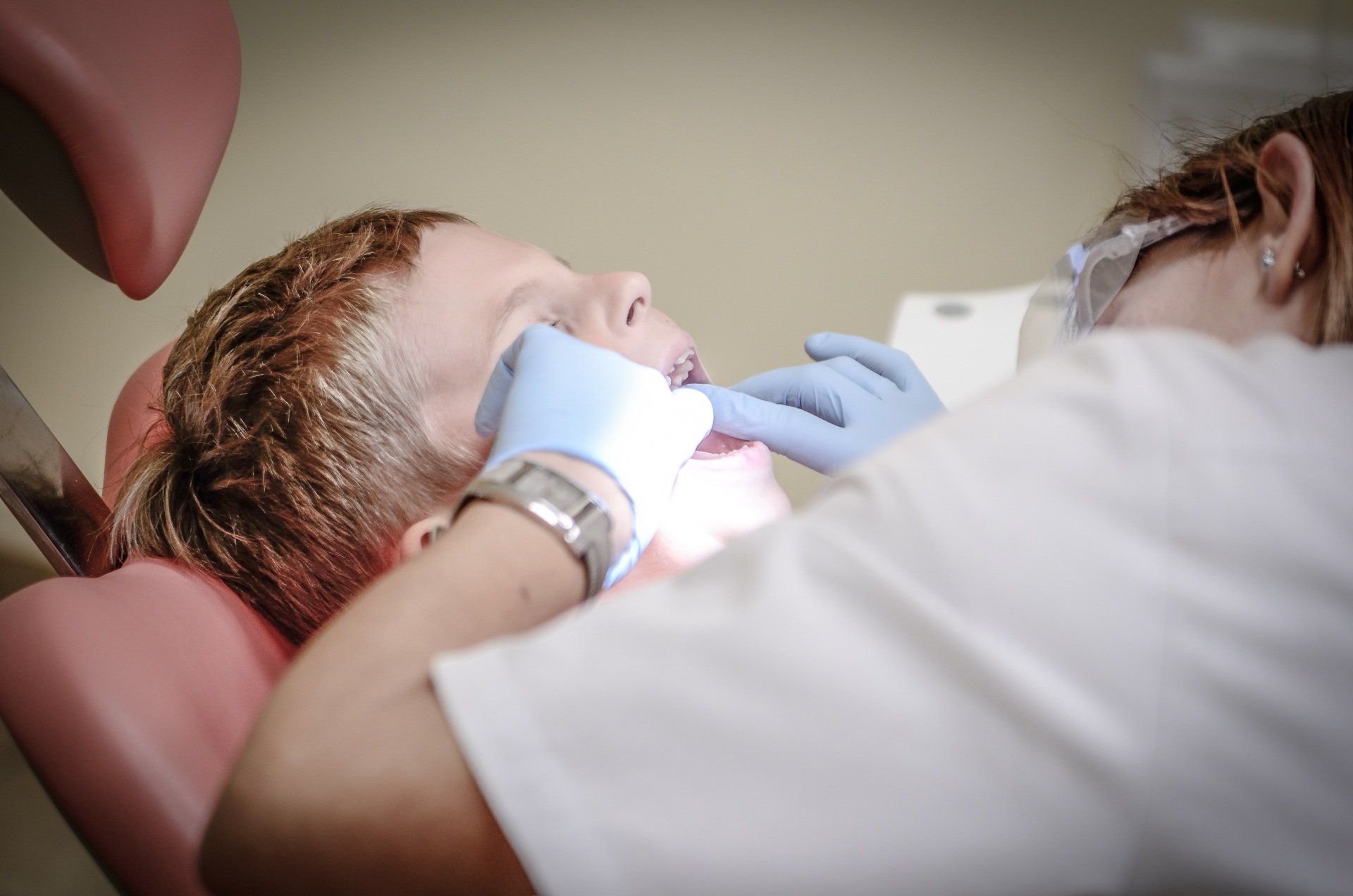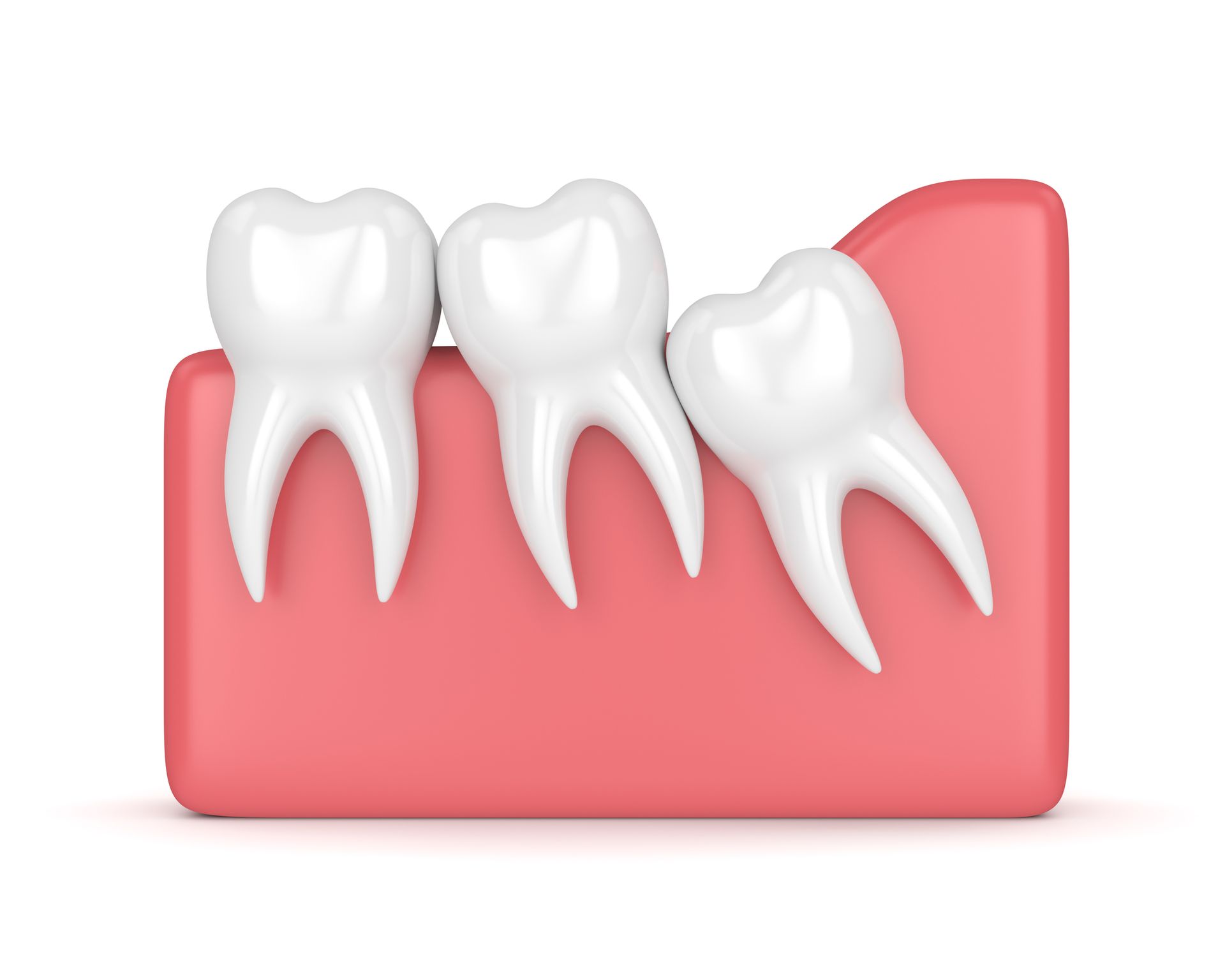How Urgent Is Getting A Cavity Filled | Emergency Dentist Boise

Let an Dentist se Gives You An Ideas Why it's important to treat cavities as soon as possible
Cavities are a common dental health problem that could lead to serious problems if they aren't fixed quickly. How soon you need to get cavities fixed depends on how bad they are, where they are, and if you have any other symptoms.
Cavities happen when bacteria build up on the teeth and weaken the enamel. This lets acids eat away at the surface of the teeth, making holes or sores called caries. These areas can become painful, and further damage may be done if left untreated.
If there is pain and/or sensitivity in an area where a cavity has formed, you should see a dentist right away. However, sometimes these problems don't show up until they cause bigger problems, like an infection or an abscess.
The bacteria causing cavities is usually Streptococcus mutans, which converts sugar into acids that attack teeth. Sugary drinks alone are responsible for nearly one-third of all cavity cases among children aged 2 to 11 years old.
Signs And Symptoms Of Cavities
The urgency of getting a cavity filled depends on the individual case and can vary from person to person. It is important to know about any signs or symptoms that could mean you have cavities.
- Toothache
- Discolored teeth
- Pain when eating
- Sensitivity to temperature changes in the mouth
- Bad breath
In some cases, there may be no visible signs or symptoms, but people still need to go to the dentist regularly as part of their preventive care. Dentists often use X-rays to find cavities, which helps them decide if they need to be treated and how soon.
How to Tell If You Need Dental Fillings
Diagnosing a cavity is typically done through an examination with a dental x-ray. This can help the dentist find any cavities and figure out how big and where they are so that they can plan how to treat them.
If you have any of the above signs or symptoms, you should see your dentist right away to get checked out. During the exam, your dentist will use a dental tool, like a probe, to look for cavities. He or she may also take dental x-rays to see if any cavities are hidden.
If your dentist finds a hole in your tooth, they might suggest a dental filling. For the filling, the decayed part of the tooth will be taken out and the hole will be filled with a material like composite resin, amalgam, or porcelain.
If the hole is small and found early, a filling may be enough to fix the tooth. But if the hole is large or if it has made the tooth weaker, your dentist may suggest a crown. In extreme cases, like when the tooth is badly decayed or infected, your dentist may suggest pulling it out.
How Much Does It Cost To Get A Cavity Filled?
When it comes to dental care, one of the most common procedures is a cavity filling. The price of this procedure can vary a lot depending on things like where it is done and what kind of material is used for the filling.
Generally speaking, the price of a filling will range from $50 to over $500. This cost includes both the materials and the dentist's time for the office visit when the filling is done.
The type of material used has an impact on how much a cavity filling costs. Dental fillings come with different levels of durability, color options, and overall longevity; these are all contributing factors that affect the total price tag for a patient's individual needs.
Composite resin and gold are usually more expensive to use in dentistry than silver or amalgam fillings, which are less expensive. Also, where you live could affect how much you pay for a dental filling, since prices tend to change based on what's going on in the local market.
How Long Does It Take To Get A Cavity Filled?
When it comes to cavity fillings, the process of filling a tooth can take as little as 30 minutes or up to an hour. The time needed for a cavity filling depends on several factors, such as the size and depth of the cavity being filled, the materials used in the procedure, and the complexity of the case.
However, this time frame can vary greatly depending on the type of restoration being done and other factors that are unique to each situation. It's important to ask your dentist directly about any questions you have about the filling process and the filling itself.
Are There Any Side Effects From Getting A Cavity Filled?
Cavity filling side effects are usually minor and not long-lasting. These can include tooth sensitivity, soreness, or discomfort in the area where the filling was placed, as well as pain when biting down on food or chewing gum. Because of the chemicals used during the process, there may be temporary discoloration around the site of the filling.
While these symptoms should subside within a few days after treatment, it’s important for patients to monitor any changes they experience and seek medical attention if necessary. Also, cavity fillings have been linked to more serious problems, such as infection or nerve damage.
To reduce the risk of these issues occurring, it's recommended that only experienced professionals perform cavity fillings with high-quality materials and techniques established by professional standards organizations like the American Dental Association (ADA).
Additionally, follow-up visits may be required to check on how well the patient is responding to their new filling and whether any further treatments need to be performed. By taking these steps before getting a cavity filled, patients can make sure they get the best care with the least amount of risk.
Schedule Dental Filling At Emergency Dental Clinics Of Boise
Cavity filling is an important part of oral health care and can help prevent further damage to the teeth. Dental fillings are a common treatment for cavities. If you are experiencing any signs or symptoms of cavities, it is important to see your dentist for an evaluation.
With a quick diagnosis and treatment, you can stop decay from getting worse and keep your teeth healthy. Make sure to take care of your teeth and visit your dentist regularly to avoid getting cavities in the first place.
So, if you think you have a cavity, you should make an appointment with your dentist as soon as possible. If you don't, your smile could end up looking like a shipwreck on the beach.




